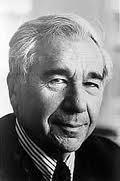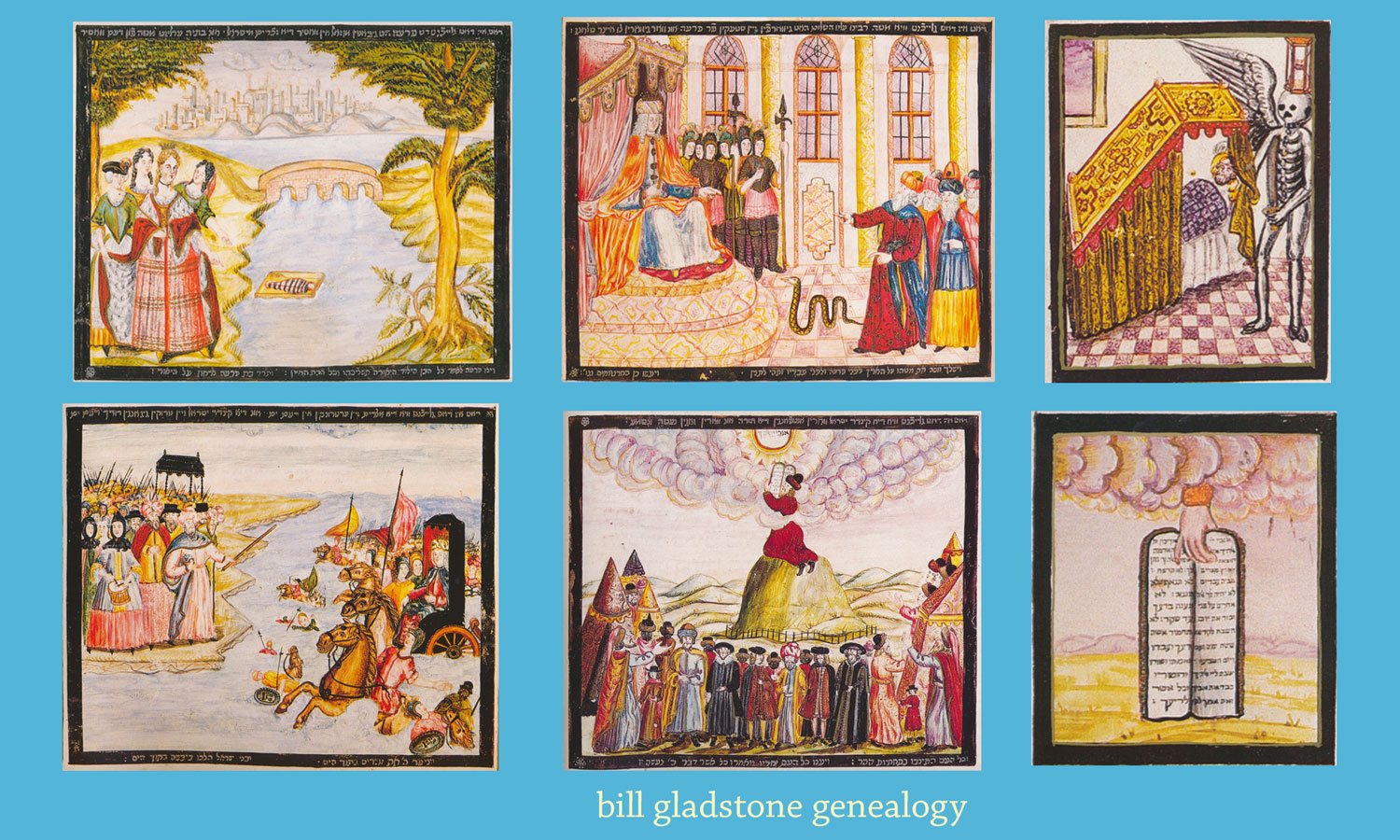 American literary critic Alfred Kazin spoke at the International Festival of Authors on the subject of his latest book, God and the American Writer (Knopf, 1997) — namely, the supreme relevance of God to public discourse in America in the last century, versus God’s supreme irrelevance to public discourse today.
American literary critic Alfred Kazin spoke at the International Festival of Authors on the subject of his latest book, God and the American Writer (Knopf, 1997) — namely, the supreme relevance of God to public discourse in America in the last century, versus God’s supreme irrelevance to public discourse today.
Whether they were believers or not, writers like Nathaniel Hawthorne, Harriet Beecher Stowe, Emily Dickenson and Herman Melville were consumed with issues of God and morality, Kazin said. Slavery, the supreme issue of the day, inspired an intensely moral and religious literature that included Abraham Lincoln’s Second Inaugural Address. “(Stowe’s) Uncle Tom’s Cabin was viewed by Lincoln himself as the book that started the Civil War,” he said.
Kazin related that he once heard a southern critic say that Ralph Waldo Emerson — the essayist who advanced the notions that organized religion is hypocrisy and that God is within — “was responsible for Hitler, that his ideas led to a public disorder.”
He described Melville as “our greatest writer” and Moby Dick as “the greatest story that speaks of America’s relation to God … Captain Ahab was trying to defy the greatest animated mass after the Flood.” He praised Melville’s account of an 1856 visit to the Holy Land as “the most remarkable document we have in English of what the Holy Land was like at that time.”
“Whatever people (in America) believe about religion today, there’s a marked lack of intensity as compared to the 19th century,” he said, adding that some groups still seem concerned with the burning issues of Lincoln’s time. “Only the other day the Southern Baptists issued an apology for their support of slavery,” Kazin noted. “Then, to show how busy they are, they went right out to convert the Jews.” ♦
© 1997






